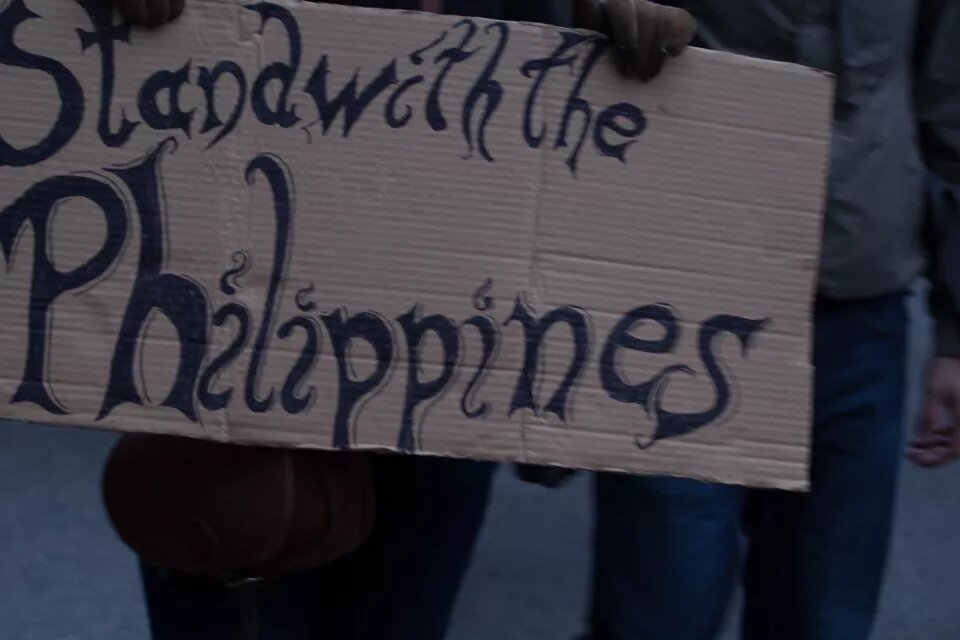
By Sara Suwwan
“Arabs – Time to lead” was the slogan emblazoned on my black t-shirt during my participation at COP18 last year in Doha as a youth delegate from the Arab Youth Climate Movement (AYCM). This was our call for the Arab world to take climate change seriously, and to push our own leaders to develop and communicate a comprehensive low carbon development strategy. Sadly, little happened in Doha, and the true test is now how to keep pushing Arab governments for voluntary commitment. After the first week of the climate negotiations in Warsaw, we could infer that the Arab stance will not change.
On Saturday, 16 November 2013, – after the first week of the COP19 in Warsaw – AYCM, IndyACT, and Arab members of the Heinrich-Böll-Stiftung’s observer delegation met for the first time since the beginning of the current round of negotiations. They shared reflections on their meeting with the Arab League early that morning.
Some of the Arab League representatives were described as “cooperative” and some as less so. Various Arab governments respond differently to civil society actors and their engagement, so the method of lobbying must differ from country to country as well. What appears to be effective in Lebanon in terms of pressuring the government, for instance, does not necessarily work in Bahrain.
Arab civil society actors were described as less aggressive compared to the previous year’s COP. They are now looking for avenues to collaborate, and further “need to put a lot of pressure on [Arab governments] to bring new pledges to the Ban Ki-Moon summit next September,” Wael Hmaidan from Climate Action Network explained.
Arab civil society faces many challenges when addressing climate change in the Middle East and North Africa (MENA), a region that is considered one of the weakest in climate change advocacy and awareness.
How do you expect people who live in places of constant conflict from Damascus to Gaza or Tahrir to even begin thinking about Climate Change? And how do you expect countries like Saudi Arabia or Qatar whose economy depends on gas and oil to make an effort to shift from fossil fuels? Combating climate change is certainly not high on their political agenda.
Many Arab governments perceive action on climate change to be against their interests, as it is against their priority of keeping the world addicted resources that they are abundant in. The lack of democratic regimes or even political stability in the region, with a still weak demand by civil society to increase consideration for this global problem, makes it even harder to put climate change high on the agenda.
How should things proceed after this COP? Lama El Hatow from the Heinrich-Böll-Stiftung’s observer delegation put it this way: “we need to understand how best to work domestically on climate change and [how to raise the] awareness of people within the region with respect to consumption patterns and sustainable development.” She continued, “this is the best time to allow the environmental and climate movement to come to the forefront of the agenda and to strategize how best to plan for the future generations,” referring to the “Arab Spring” and countries in transition.
Although the challenges in the MENA region are tremendous, the opportunities to improve the lives of future generations are exciting. They deserve to live in resilient communities.
A version of this article was first published on 20 November 2013 via The Verb[p1] .
[p1]http://www.theverb.org/where-do-arabs-fit-in/
Heinrich-Böll-Stiftung Palestine/Jordan supported the participation of two environmental activists and experts from Palestine and Jordan in the COP19 in Warsaw. The views expressed in these articles are those of the authors and do not reflect the official opinion of the Heinrich-Böll-Stiftung.